Business warns of ‘dangerous’ risks of minimum wage reward
The Fair Work Commission’s 5.75 per cent pay rise for 2.5 million workers will force companies to increase prices further and drive more interest rate hikes, employers and economists have warned.
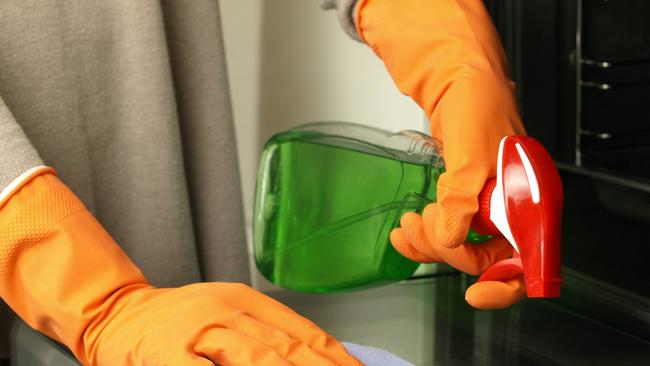
The Fair Work Commission’s 5.75 per cent pay rise for 2.5 million workers will force companies to increase prices further, tip some firms “over the edge” and drive more interest rate hikes in coming months, employers and economists have warned.
Hailed by the Albanese government and unions, the decision means Labor has delivered on its pledge to get wages moving again and ensures the lowest-paid do not go backwards.
The commission awarded an 8.6 per cent increase to 184,000 workers on the national minimum wage. From July 1, these workers will see their pay jump by $70 a week from $812.60 to $882.80 and the national minimum wage will rise from $21.38 to $23.23 an hour.
The commission’s awarding of a 5.75 per cent increase in minimum award wages is lower than the ACTU’s 7 per cent claim but significantly above the maximum 3.5 per cent rise employer groups had urged .
Australian Industry Group chief executive Innes Willox said the decision “adds to the risks of an inflation blowout; is likely to see interest rates rise further than they would have otherwise; and raises the likelihood that households will face further cost-of-living pressures”.
Australian Chamber of Commerce and Industry chief executive Andrew McKellar said the increases, when taken along with the superannuation rise from July 1, “risks unlocking the floodgates for deep and prolonged economic pain”. “Today’s decision will come as a hammer blow for the 260,000 small and family-owned businesses who pay minimum and award wages,” he said.
“The Fair Work Commission has made a dangerous choice to chase after the supply-side inflation shock that we are experiencing. An arbitrary increase of this magnitude consigns Australia to high inflation, mounting interest rates and fewer jobs.”
Australian Retailers Association chief executive Paul Zahra said the size of the increase would be difficult for many retailers to absorb. “We’re experiencing a cost-of-living crisis – so it’s important that wages continue to grow; but we’re also continuing to experience a cost-of-doing-business crisis, so it’s a very delicate balancing act to keep business operating sustainably,” he said.
“We fear the scale of this increase will tip some businesses over the edge – especially smaller retailers who are on very slim profit margins or in some cases in negative cash flow territory.”
National Australia Bank economist Taylor Nugent said the 5.75 per cent was higher than official forecasters had assumed and the decision “skews the risks further in the direction of a still higher peak for Australian interest rates”. Marcel Thieliant, Capital Economics Asia-Pacific head, said the 5.75 per cent increase added to the RBA’s case to raise interest rates further.
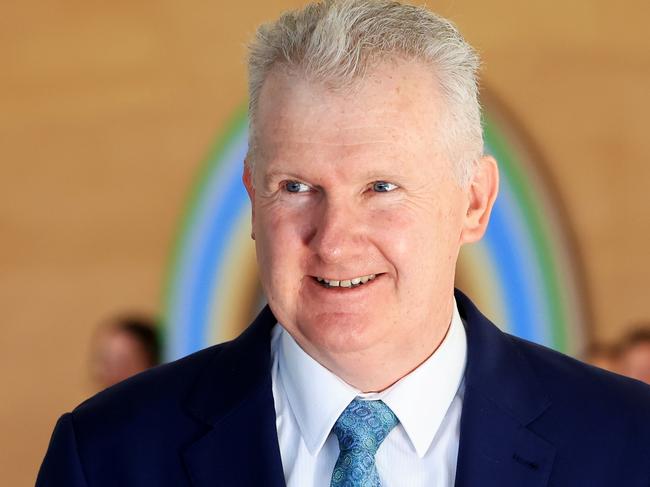
Employment and Workplace Relations Minister Tony Burke said the commission handed down the “best decision for the minimum wage in the history of these decisions”. Mr Burke said the commission had now made consecutive decisions backing Labor’s position that the lowest-paid should not go backwards. “Now, on any measure, that means for the people who are finding it hardest to make ends meet, it’s well in front of where CPI is at the moment,” he said.
With inflation forecast to fall to 3.25 per cent next year, he said “we are now getting closer to the point where for many workers the line between wages and prices will start to cross”.
ACTU secretary Sally McManus said the union movement fought hard for the increases, that would help millions of working people to stay afloat.
“As it does every year, big business pushed hard for a cut that would see Australia’s lowest paid workers go backwards by at least $1350 a year,” he said.
“Today’s 5.75 per cent increase for award workers means they can just keep up with the cost of living. It is a matter of survival.”
Handing down the decision, commission president Adam Hatcher said the wage panel had placed significant weight on the impact of the current rate of inflation on the ability of modern award-reliant employees to meet their basic financial needs.
“Inflation is reducing the real value of these employees’ incomes and causing households financial stress,” he said.
“The panel also considered the recent robustness of the labour market, and the fact that increases to modern award minimum-wage rates will provide a disproportionate benefit to female workers and may contribute to narrowing the aggregate gender pay gap.”
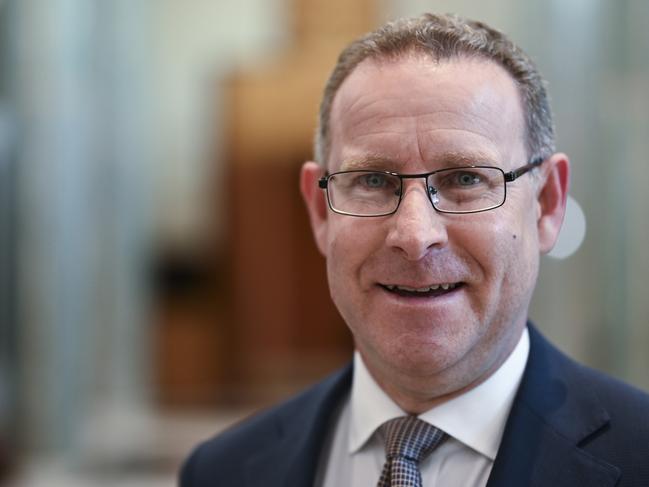
Justice Hatcher said “moderating factors” included the forthcoming increase to the superannuation guarantee contributions rate, from 10.5 per cent to 11 per cent, and the effect that an expected weakening in the labour market might have on casual employees and particular industries that have a higher proportion of modern award-reliant employees. He said the commission took into account the “need to avoid entrenching high inflation expectations by taking a perceived wage indexation approach, and the recent weak performance in productivity growth.
The higher increase for the national minimum wage workers not covered by awards was due to the commission ending the alignment between the national minimum wage rate and the C14 award rate. The alignment has existed since 1997 and the national minimum wage workers will now be paid under the C13 rate.
The commission said given the 8.6 per cent rise would apply to a “negligible proportion“ of the workforce, it considered the “outcome will not have discernible macro-economic effects”.


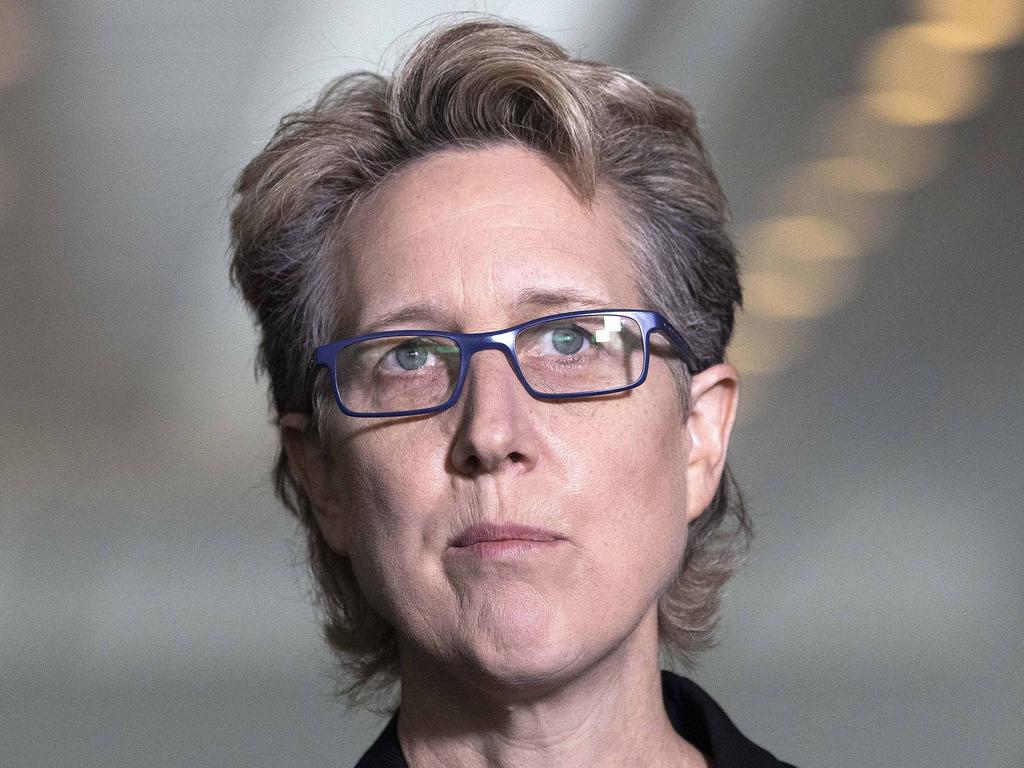


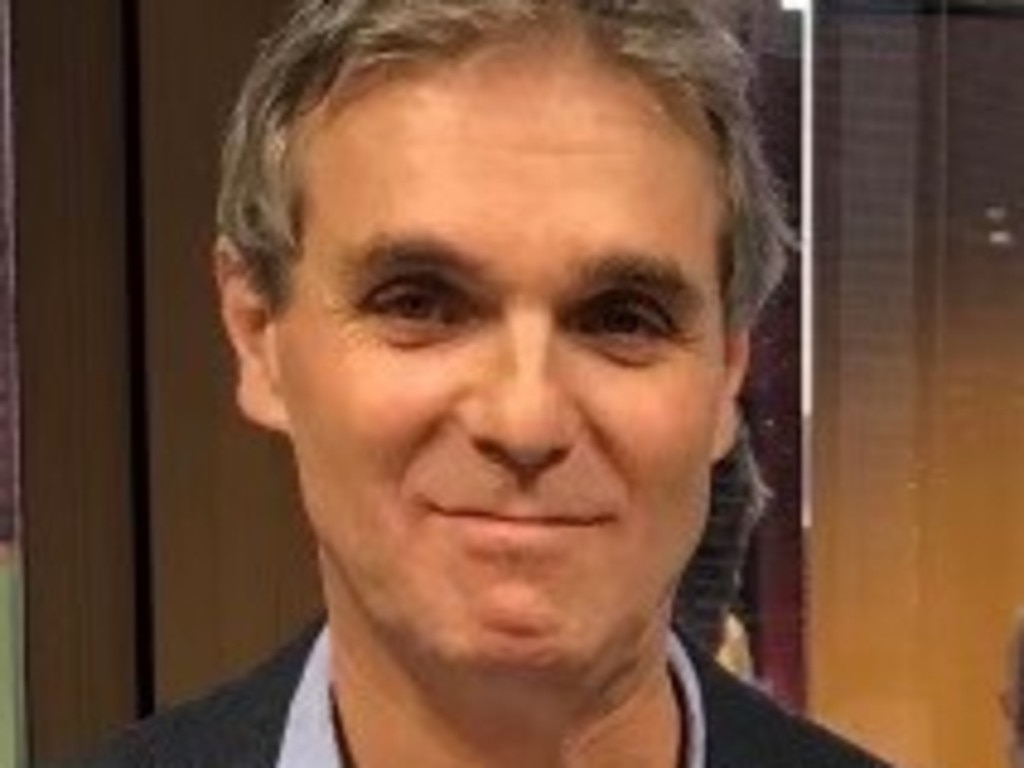


To join the conversation, please log in. Don't have an account? Register
Join the conversation, you are commenting as Logout